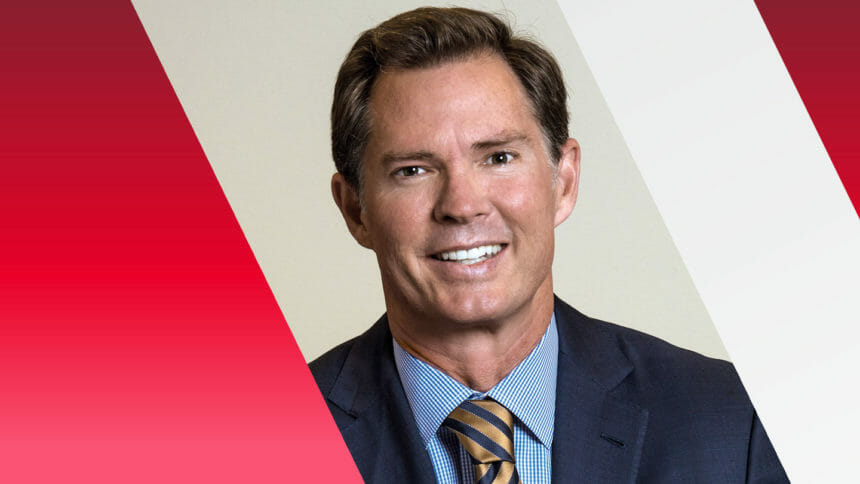
Skilled nursing providers could support a federal minimum staffing rule that is funded and protects them from penalties if they make “best faith efforts” to hire, according to one of the nation’s top sector advocates.
Phil Fogg, board chairman of the American Health Care Association, said providers must be confident that they won’t be punished for not meeting what could be an impossible standard, given the current workforce challenges.
“You just can’t send a rule out and expect people to comply when there’s absolutely no chance of it because of the workforce shortages,” said Fogg, who is CEO of Consonus Healthcare & Marquis Companies.
His comments came during a McKnight’s webinar covering vital trends in skilled nursing, including developing a sustainable business model for today’s provider. Medicaid reimbursement, workforce and census trends were also key topics.
The Centers for Medicare and Medicaid Services has not yet released the minimum staffing rules but has promised to do so this spring. Fogg said there has been “no transparency” in what regulators have drafted, though. That has caused consternation among providers.
“It sounds crazy to even be talking about this,” he acknowledged. “If you’re a provider, you can’t find the staff to provide services in your building with today’s staffing requirements.”
But Fogg said providers are more likely to support a funded plan that is contingent on workforce availability with protections such a waiver for facilities that demonstrate they have tried to hire.
“We can’t have penalties to those providers or survey deficiencies to those providers who have made those best efforts and the workforce supply just isn’t there,” Fogg said.
He said it was positive that CMS did not release the staffing requirement along with the 2024 payment rule that will boost Medicare Part A payments by 3.7% or approximately $1.2 billion. Because the cost reporting for the 3.7% hike is based on 2021 costs, there is a good chance the sector could see higher rate increases in the future, he said.
But Fogg said an even more pressing issue is increasing Medicaid rates in states that are lagging, particularly as providers continue dealing with inflationary pressure that are jacking up healthcare wages and other costs by 20% to 30%.
“It’s probably the most critical thing that we do,” Fogg said. “We’ve got to get those elevated so those providers can survive and provide care in the future.”
To catch the full conversation on-demand, register for free here.





